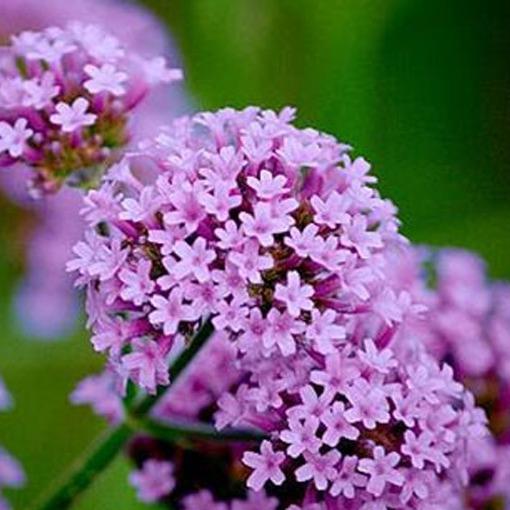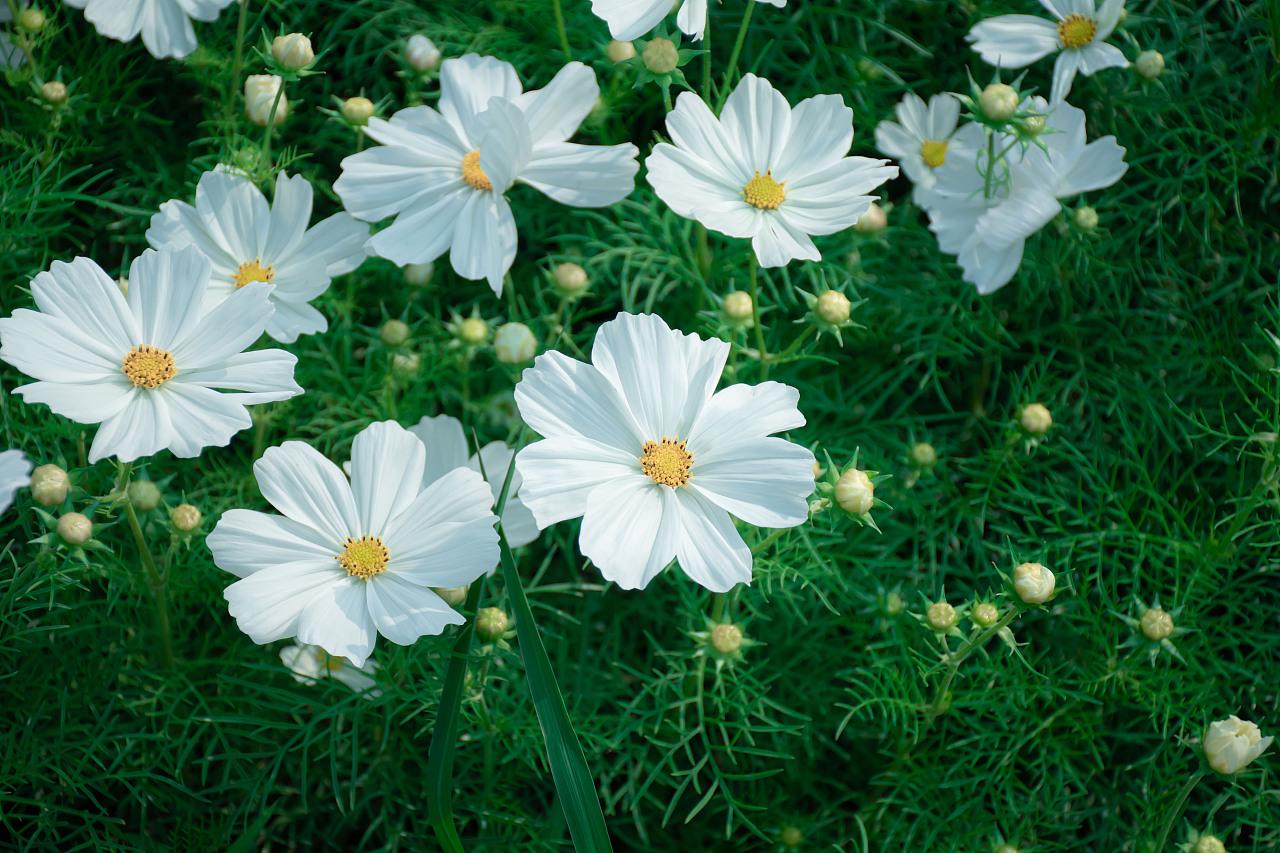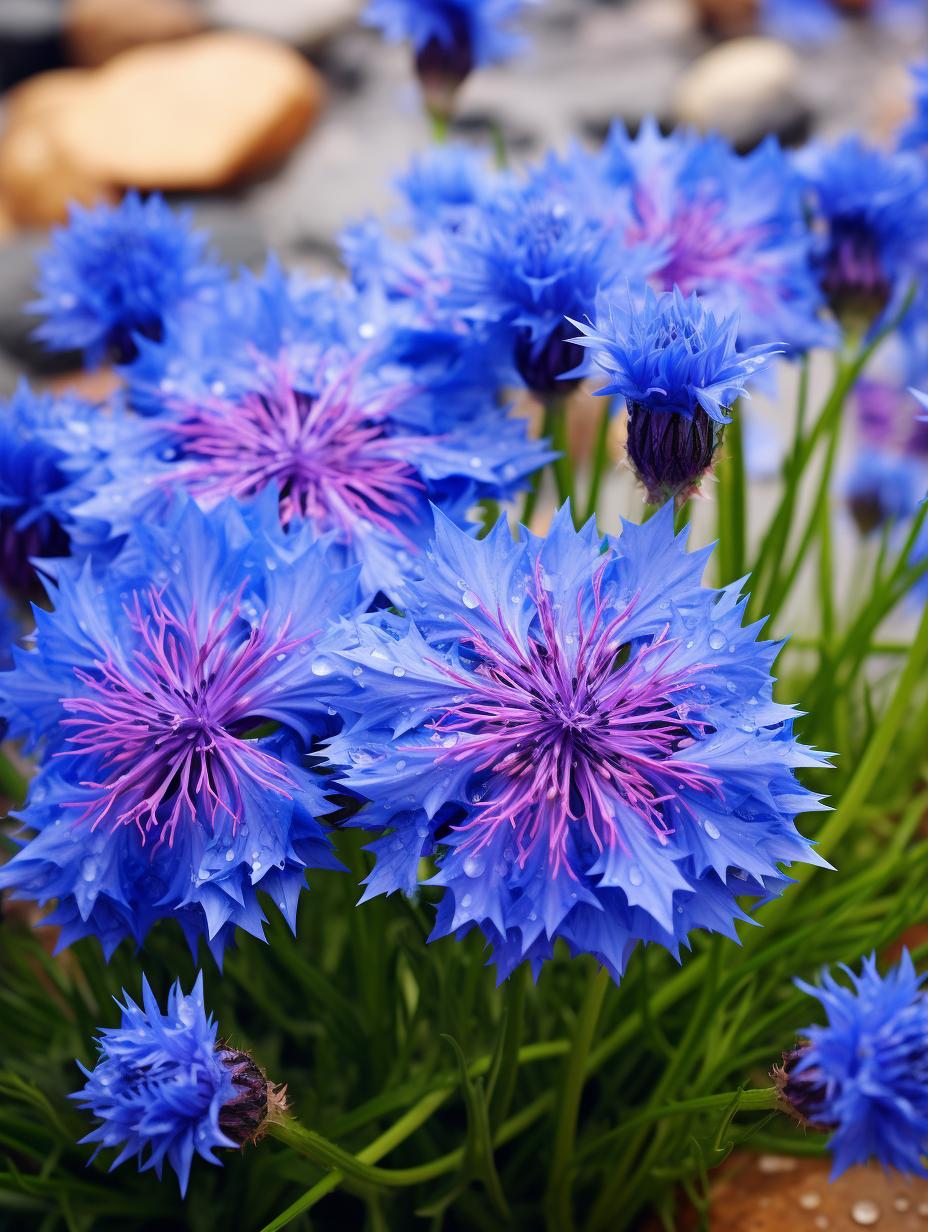Brassica, commonly known as the mustard plant, has an interesting story. Legend has it that a long time ago, a magical seed was found by a young girl named Charlotte. She planted it in her garden, and to her amazement, it grew into a plant with vibrant yellow flowers. One day, when a storm hit the village, the mustard plant protected the town from the strong winds and heavy rain. Ever since then, people have revered Brassica for its resilience and protective qualities. It continues to be grown and cherished for its unique beauty and magical properties.
Picture
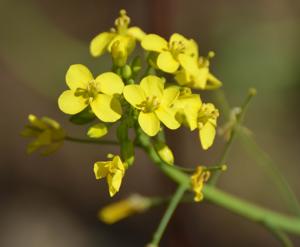
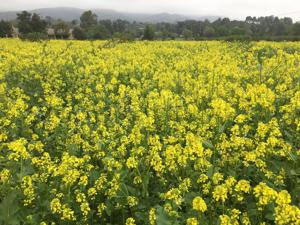
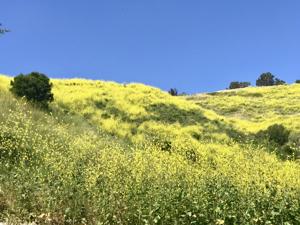
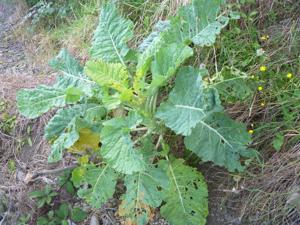
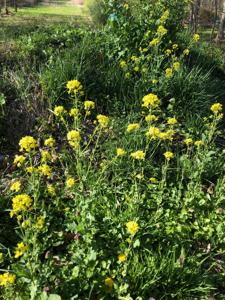
Plant some seeds now!
Short Description
Brassica (/ˈbræsɪkə/) is a genus of plants in the cabbage and mustard family (Brassicaceae). The members of the genus are informally known as cruciferous vegetables, cabbages, mustard plants, or simply brassicas. Crops from this genus are sometimes called cole crops—derived from the Latin caulis, denoting the stem or stalk of a plant.
The genus Brassica is known for its important agricultural and horticultural crops and also includes a number of weeds, both of wild taxa and escapees from cultivation. Brassica species and varieties commonly used for food include bok choy, broccoli, cauliflower, cabbage, choy sum, kohlrabi, napa cabbage, rutabaga, turnip and some seeds used in the production of canola oil and the condiment mustard. Over 30 wild species and hybrids are in cultivation, plus numerous cultivars and hybrids of cultivated origin. Most are seasonal plants (annuals or biennials), but some are small shrubs. Brassica plants have been the subject of much scientific interest for their agricultural importance. Six particular species (B. carinata, B. juncea, B. oleracea, B. napus, B. nigra, and B. rapa) evolved by the combining of chromosomes from three earlier species, as described by the triangle of U theory.
The genus is native to Western Europe, the Mediterranean and temperate regions of Asia. Many wild species grow as weeds, especially in North America, South America, and Australia.
A dislike for cabbage or broccoli may result from the fact that these plants contain a compound similar to phenylthiocarbamide (PTC), which is either bitter or tasteless to people depending on their taste buds.

